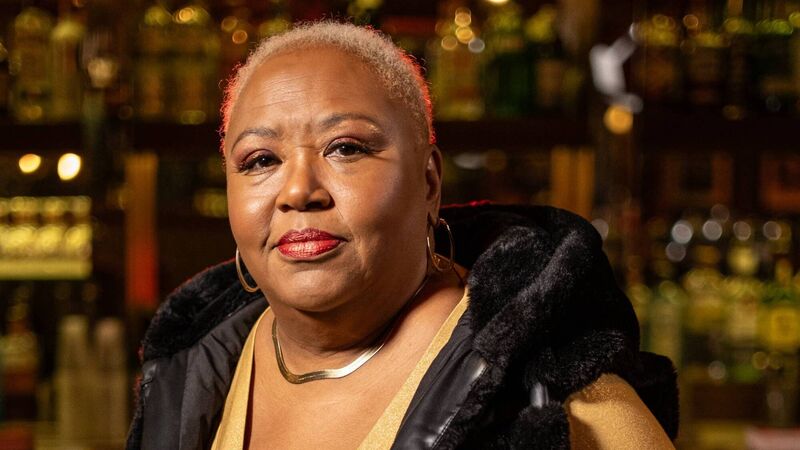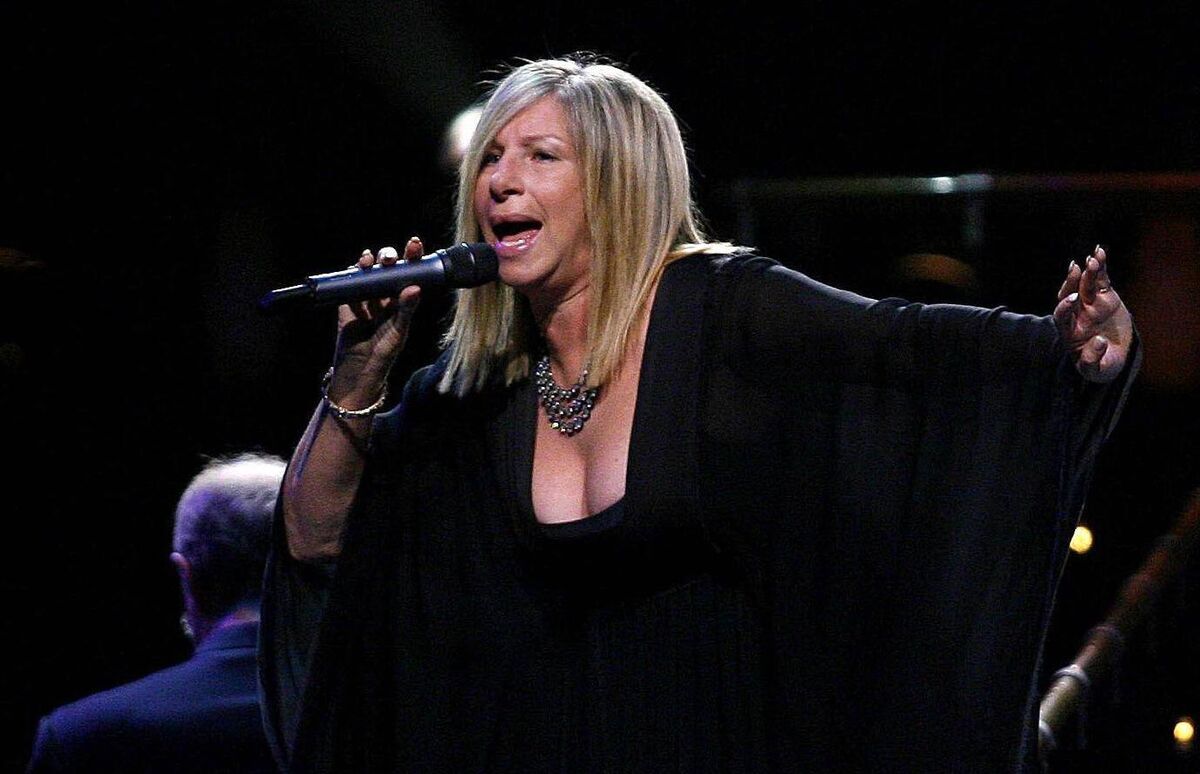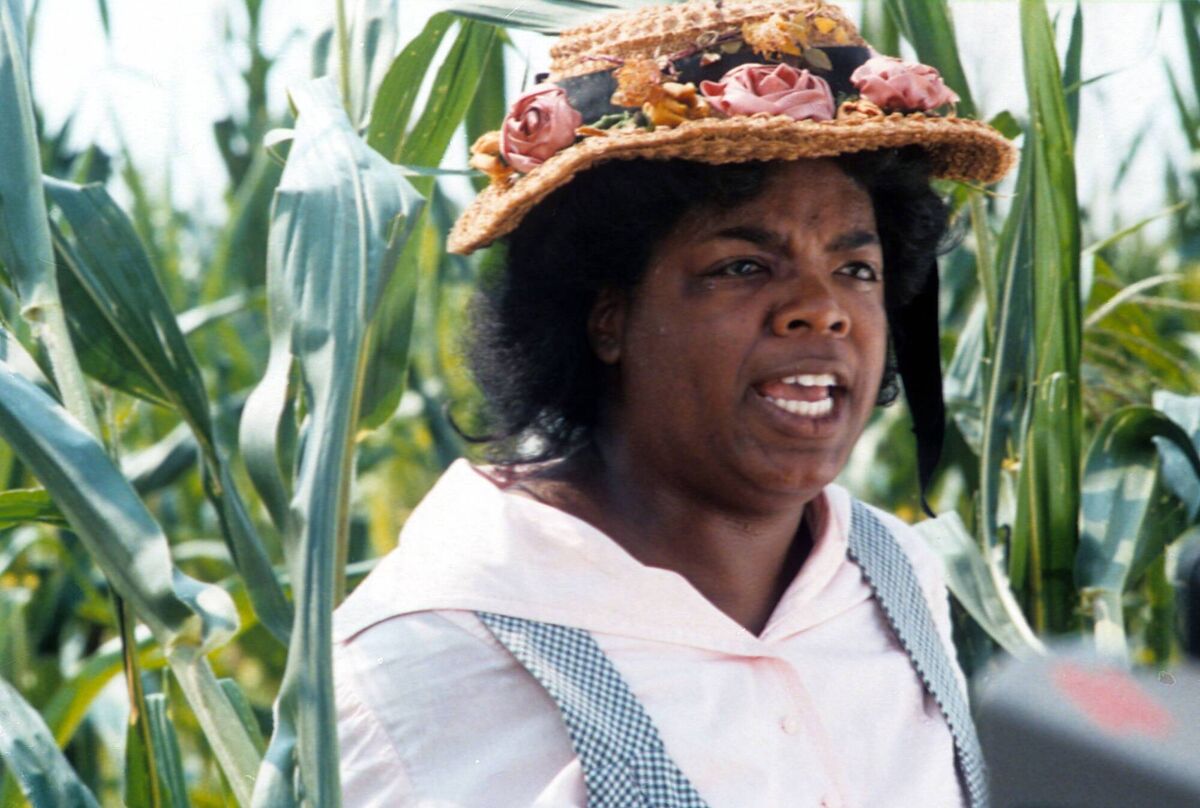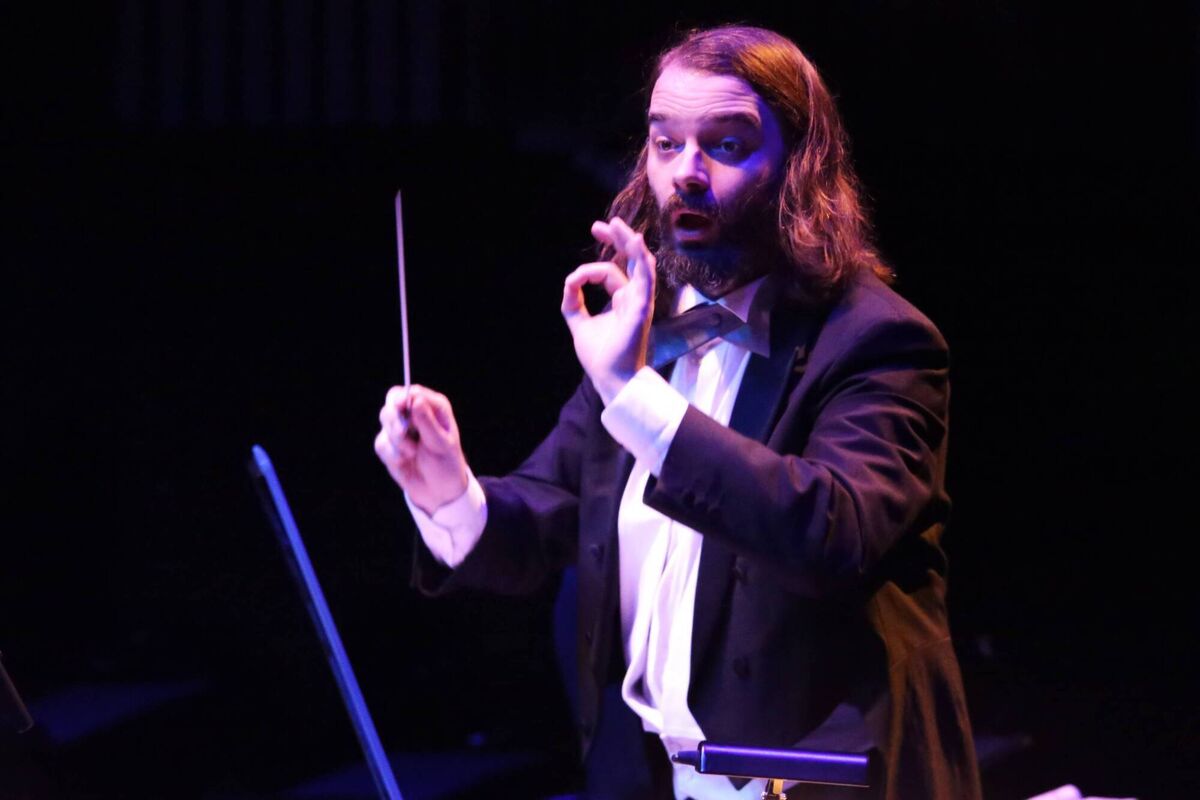Culture That Made Me: Karen Underwood on great singers and stories of redemption

Karen Underwood: The Cork-based singer presents the last in the Everyman's 'Music Of...' series.
Born in 1963, Karen Underwood grew up in Chicago, but moved to Cork in 1997. As a singer and storyteller, she has produced a range of shows, including celebrations of the music and lives of Nina Simone and Aretha Franklin. She will present Music of Faith and Doubt at the Everyman, Cork, on Sunday, April 28. See: www.everymancork.com
My love of music began at an early age because my dad was an amazing vocalist. We listened to records in his basement. He sang songs from the likes of Nat King Cole. My dad loved his presentation, his tone. Nature Boy was the first song my dad taught me to sing. I remember him saying to me with a certain look, “The greatest thing you’ll ever learn is to love.”
There’s lot of great singers. Ella Fitzgerald, for example, was a wonderful singer, but she didn't have the same ability as Billie Holiday in telling a song’s story. When Billie Holiday sang, “My man he don't love me/Treats me oh so mean” I believed it. She wasn't trying to be a pretty singer. Many singers obsess over what looks pretty – that Motown way of being taught to perform, what sounds pretty vocally. Sometimes your voice needs to break because your heart is broken and you're telling the story of the song. Billie could do that, more than others.
Sarah Vaughan was another singer who could tell a story. She had a prettier voice than Billie Holiday. She had the ability to scat and to use a dulcet tone that would break your heart and make you fall in love with her. She would do one or the other: either she’ll break your heart or you fall in love with her.

I loved Barbra Streisand growing up. She had a sense of joy and power. She also had the ability to evoke emotion. I loved watching her films with my dad, those wonderful musicals like Hello, Dolly! I remember listening to her voice wondering, How does she make that note? My Daddy would play the album, and I imitated how to go through the nose to make a note, or how to use a mixed voice to make a note because I had no formal training. I learned to sing from being with my father and putting my ear against the box and from going to church.
My mother got me and my former husband tickets to see Aretha Franklin. It was an outdoor gig in Chicago. It was skinny Aretha. She had lost a ton of weight. She came out and said she always wanted to dance ballet and she danced a ballerina dance. I knew I was in the presence of a goddess. She oozed soul. She taught me everything I need to know about soul music and the connection between it and gospel music. The things I felt in church, that gospel I wasn't able to fully express, soul music became the avenue for that.

I love Alice Walker’s novel The Color Purple. I have nothing to say about the movie version. I like the way she chose an epistolary style of writing. It was her way of saying, “I can speak my truth to you. I can say whatever I need to say and it will not be judged.” It’s raw and truthful and it also has a sense of hope. Redemption is important for me because redemption has been my life.
I went with my former wife to see Nina Simone at The Point in Dublin. It was her last performance in Ireland. I thought I would love to sing her songs, but at first I was so full of impostor syndrome I wouldn't allow myself to learn them. Then I learned to sing most all of her music. What touched me with Nina Simone was her sense of power and stage presence. Nina Simone gave me that ability of when you walk on a stage, own it.

John O'Brien [Cork composer] has been a great collaborator. Where do I begin? There's some nice white folks, but I come from a background where you don't trust white folks. He’s white; he’s a man. That's stranger danger. He’s this masculine-looking man on the exterior, but on the inside he's very giving with his art. He was my second education – himself and the band – in music. He would listen to me sing a song, and then he would stop me and say, “What is the story there, Karen? What were you thinking when you sang 'Somewhere Over the Rainbow'?” He helped to shape the purpose of what I was trying to sing.
A movie that sticks in my mind is a black film from 1974. It’s not a popular film. It’s called Claudine. It's a story about this black woman who was what some people like to call a welfare queen. She falls in love with a character played by James Earl Jones. She’s in danger of losing her welfare payments because she’s in a relationship with a man. It’s about the lying and manipulating people have to do with the government, just to live a life we all want – to be safe, with four walls around us and to have a roof over our heads, and food. It’s about being a good, strong mother, and finding love. It's not a comedy. It's very serious and sad.
I liked a series on Netflix about diversity called This Is Us. It’s about a mixed-race family who adopt a black kid, and how he comes through the generations, and how his family realise how different life is for him, understanding his blackness. He’s able to challenge his family about their privilege, but at the same time they support him. It’s amazing.
I'm learning to love opera. I want to see Verdi’s Aida in Verona. I loved the spectacle of it, the stratosphere of it all – what sopranos can do. I used to hate sopranos. They used to hurt my ears, but I’ve learned to appreciate them.
John O’Brien told me: “Karen, opera was never meant to be for the aristocrat. It’s for the common man. It's classical rap music, telling stories.” When John came to Chicago to see my family he said, “Karen, let's go to the Symphony Orchestra.” He was stunned that I’d never been. We got cheap tickets, but really good seats, as we went at the last minute. I sat and I listened to a 100-piece symphony orchestra. It was the music of Tchaikovsky, during a period of time in his life where he questioned his sexuality. He was trying to come out of a bad marriage. I'm sitting there thinking, this man is playing my life.


